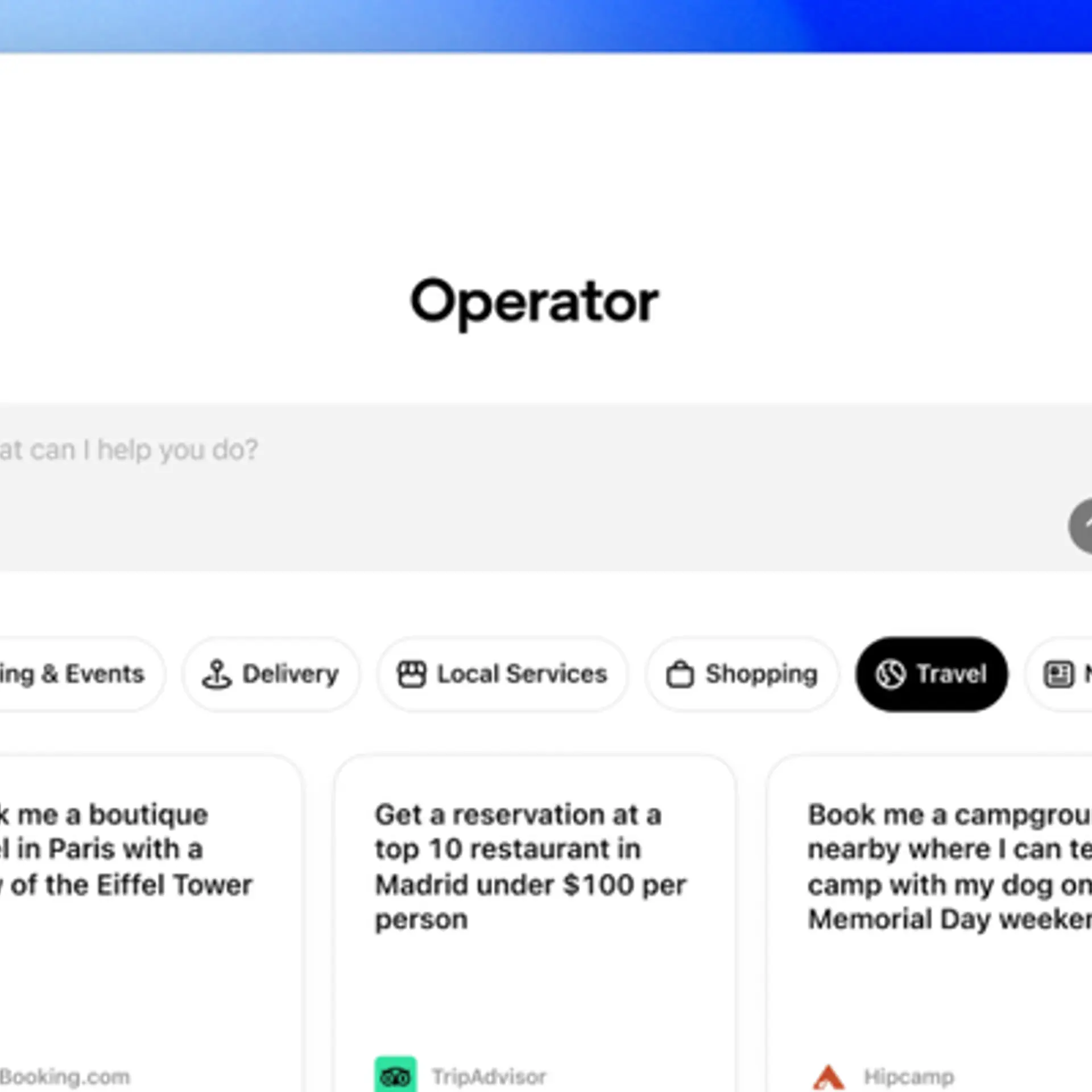[100 Emerging Women Leaders] This woman entrepreneur promotes sustainable living, provides a livelihood to marginalised women in Rajasthan
In this feature of 100 Emerging Women Leaders, we speak to entrepreneur Tanushree Jain who founded NUSHAURA, a social enterprise that works with over 250 marginalised women across rural Rajasthan.
Tanushree Jain founded in 2018 to help tribal and marginalised women in rural Rajasthan and across India by providing them livelihood opportunities.
An engineer by education, Tanushree shifted her focus to the development sector and pursued a postgraduate programme in development leadership from ISDM Delhi to support these women and create entrepreneurs for socio-economic development.
Tanushree believes that entrepreneurship arises from problems and it is not always the idea and your interest. Even the idea of starting Nushaura came to her while she was in Delhi and faced health problems due to the rising air pollution levels in the city.

Realising the problems associated with air quality, she came up with air-cleansing candles. Some of the other products offered by the brand today include soaps, bamboo products, washable masks, sustainable-crafts, and eco-gift hampers.
Apart from helping these marginalised women with a livelihood, Nushaura also promotes plastic-free and sustainable living to help consumers shop consciously, with least damage to the environment.
Today, Nushaura prides itself in onboarding 250+ artisans as shareholders of the organisation, thereby bringing efficiency, accountability, and productivity across the functions. The rapid growth of the organisation through direct customer and business interactions has helped it generate sufficient income to pay for nutritious food, education, and healthcare for these artisans.
In a conversation with HerStory, Tanushree talks about her entrepreneurial journey and how she is providing livelihood to over 250 rural women through scented candles and other products.
Edited excerpts from the interaction:
HerStory (HS): Tell us about your family and childhood, and how it shaped your personality.
Tanurshree Jain (TJ): Born and brought up in Jaipur, Rajasthan, I have a humble family background. My mother is a teacher and father used to work with the Indian Railways. I have done my bachelor’s in computer science and engineering, and used to work for an IT company, but soon, I knew my heart and future lay in grassroots work.
A fun-loving social child, I never shied away from the spotlight and the skill of leadership was inculcated in me through dance. I received the best folk dancer award and a cash prize of Rs 1 lakh from the former Railway Minister of India. Dance has been my first step towards financial independence.

HS: Tell us about your career growth.
TJ: I am a first-generation entrepreneur in my family, and my mother has been my inspiration.
My mother used to teach in the rural areas of Rajasthan and this is where I met artisans.
I find happiness in encouraging people to be independent and able to manage their own financial resources, and so I started my journey by helping people start small ventures.
And that’s how I began my journey of understanding empowerment and entrepreneurship. Being with them made me happy and I decided to support them in their journey.
In order to achieve this, I pursued a post-graduate programme in development leadership from Indian School of Development Management (ISDM), Delhi, in order to shift my path to the development sector.
HS: How did you establish Nushaura? What problem does it aim to solve?
TJ: I believe entrepreneurship arises from a problem - it is not always one’s idea or interest. While I was living in Delhi, my health took a setback due to the pollution. This got me to survey and understand my own environment.
We all are aware of outdoor pollution, but there is this indoor pollution that most of us don't even know exists. The market is full of paraffin products, which is very high in carbon content. According to the US Environmental Protection Agency (EPA), these products cause headaches, skin irritation, fatigue, irritated mood, and even cancer and organ damage as they emit benzene (carcinogenic) and toluene (a chemical that can cause brain damage).
I decided to make eco-friendly and chemical free products, which is how I discovered beeswax candles, which can purify the air, including dust, allergens, and pollutants. I started adding aromatic pure herb oils to these candles, which is carbon neutral, natural, non-toxic, sustainable, and renewable with no harmful emissions.
These candles did not just became a driver for better health, but also provided a livelihood for over 300+ women artisans.
We have an environmentally-conscious business model, delivering high-quality and sustainable products. Running as a producer’s company, the venture ensures that all profits go back to the rural craftswomen.
HS: Why Rajasthan and how does Nushaura help these women?
TJ: In Rajasthan, the society is so patriarchal that many families don’t allow women to work and travel. There is no financial independence and they are not able to make a choice for themselves. In the process, I encouraged women artisans to realise their potential and freedom of choice with financial independence.
HS: How did you set up the operations? Can you elaborate on the revenue and business model?
TJ: Nushaura prides itself with having artisans as shareholders; they manufacture the products and reap its benefits. In a place where any livelihood is discouraged and confidence is next to zero, this is a major source of security for women and a matter of pride for me.
What began as a small self-help group with a bunch of women from a tiny village called Kalwad in Rajasthan is now a social enterprise.
Nushaura takes care of the entire process for artisans -- from delivering the raw material to their doorsteps to delivering the final product in India and abroad. Nushaura crossed Rs 1 million in revenue recently.
Within these artisan groups, there is a network of grassroots ‘sanginis’ – women with leadership qualities assigned the task of binding and taking everyone forward. We are even giving incentives to women who are making the best candles.
Each artisan is able to earn Rs 2,000 or upwards each month. We have helped women artisans in tribal and remote villages to get Aadhaar cards, open bank accounts, and enroll their kids in schools. Most importantly, they have gained a lot of confidence through our leadership training.
We are currently exporting products to countries like the US, Canada, and the UK. We are also selling through ecommerce platforms like Amazon, Flipkart, Instamojo, and Etsy. Webinars and social media platforms give us major leads.
We have collaborated with various earth-friendly brands and celebrities in the past. We do exhibitions both virtual and conventional walk-ins. Our candles are very popular for wedding and corporate gifting.

HS: What challenges did you face and how did you overcome them?
TJ: The first pandemic year wasn’t so easy for us. Tight delivery restrictions led to reduced orders, which in turn led to a thinning of the cash flow.
I also had a responsibility towards the artisan community. Artisans were reluctant to take in-person training from city people, who they thought would bring the virus to them.
Hence, we went virtual with candle exhibitions and used influencer marketing. To continue training classes for our artisans, we supplied them with smartphones. To keep some cash coming in, we started manufacturing sanitisers and masks. I found that the B2B model worked better for us than the B2C one, so we switched. I even had a candle workshop on my terrace for artisans who wanted a place to work during the pandemic.
We also found support by the Ministry of Skill Development and Entrepreneurship as well as the Project Her&Now by GIZ, under German Federal Ministry for Economic Cooperation and Development through a financial aid.
I have had my fair share of patriarchy-borne struggles like financial resources and crossing the age of marriage. However, today my family and friends take pride in me as a first-generation entrepreneur.
In the recent months, I’ve been equipping women artisans training them on the kind of work that needs to be done. After acquiring the skill set, many of them have become independent or aatmanirbhar.
It is good to see the confidence in these artisans emerging though Nushaura. I hope to create more women entrepreneurs in rural areas that are steeped with gender stereotypes.
Nevertheless, entrepreneurship entails challenges regardless of gender. I have put my heart and soul into this organisation. People only see the end success but not what goes behind it.
HS: What advice would you give young women founders?
TJ: My experience of working at the grassroot level has connected me to ground-level issues and people in need. I have facilitated and trained over 8,000 artisans on decision-making, conflict resolution, and financial independence through transformational leadership, and we are generating entrepreneurs and livelihood.
I believe that each and every woman has the potential to be so much more, but unfortunately lacks a platform. And that’s one thing that we are trying to achieve through Nushaura.
There is a saying: “When women support each other, incredible things happen.” We all should recognise and unfold the seed of potential within us and every woman. Let that seed become a flower, and let the flower in each of us bloom and unfold the greatness."
Edited by Megha Reddy


![[100 Emerging Women Leaders] This woman entrepreneur promotes sustainable living, provides a livelihood to marginalised women in Rajasthan](https://images.yourstory.com/cs/4/a9efa9c02dd911e9adc52d913c55075e/TanushreeJain800x400-1634455702427.png?mode=crop&crop=faces&ar=2%3A1&format=auto&w=1920&q=75)
![[100 Emerging Women Leaders] Meet the founders behind this D2C brand, whose footwear are sported by Kangana Ranaut, Kriti Sanon](https://images.yourstory.com/cs/4/a9efa9c02dd911e9adc52d913c55075e/ShilpSutra800x400-1634210763131.png?fm=png&auto=format&h=100&w=100&crop=entropy&fit=crop)




